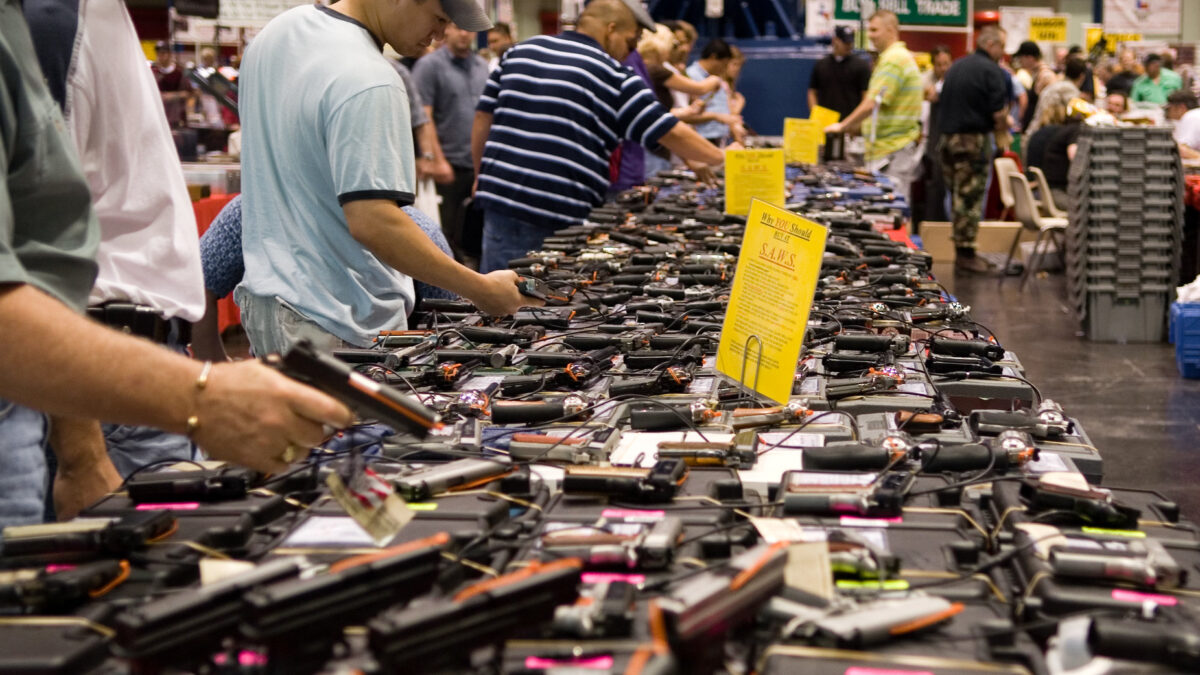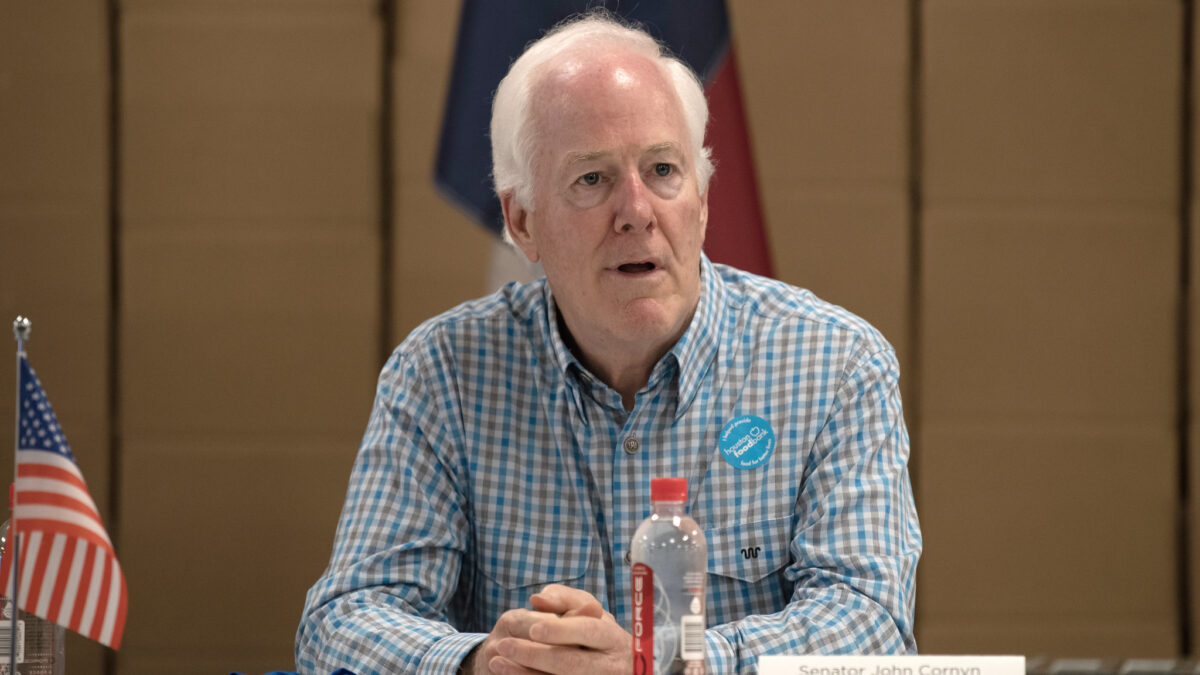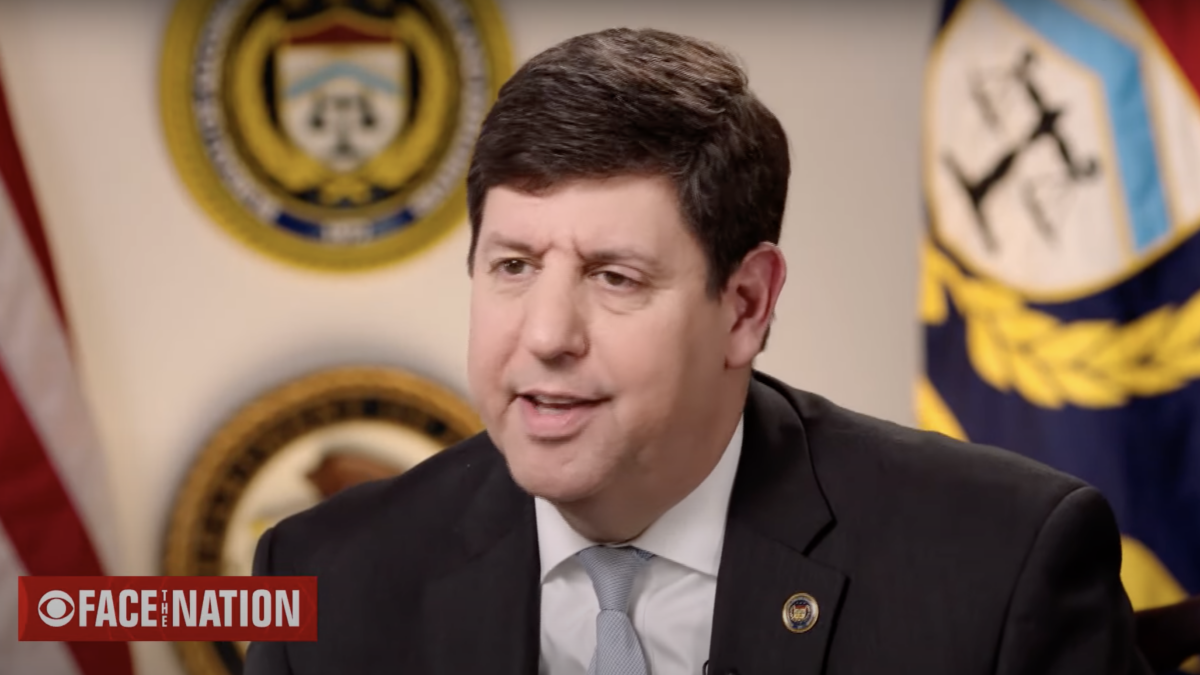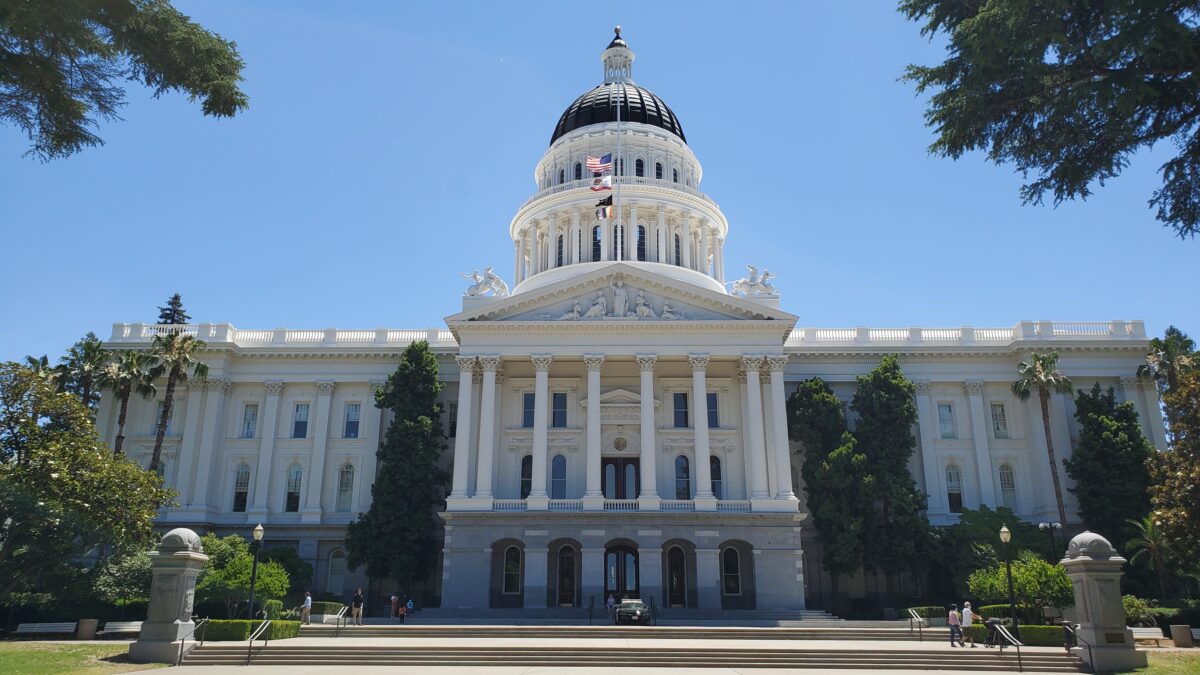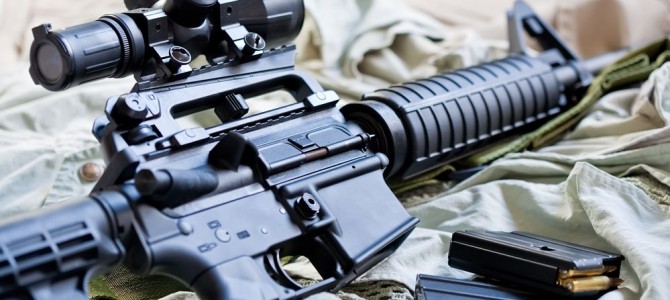
The new claim by Katie Couric’s documentary producer Stephanie Soechtig that guns she arranged to purchase in Arizona have been destroyed is in conflict with Arizona law that protects such public property once it is turned over to police.
In a frantic effort to cover her tracks and “make good” on a failed attempt to paint gun owners in an ignorant light, Couric and her producer Stephanie Soechtig and team have apparently committed conspiracy and multiple federal felonies. Buying firearms privately without paperwork or background checks across state lines violates federal statute (18 USC §922 et seq.). Private sales among law-abiding resident adults within a state such as Arizona are perfectly legal under most conditions since no criminal activity is involved. Couric’s team reportedly came from outside the state to commit the acts. Some observers believe the laws Couric could be charged under are unjust and should be repealed.
Couric’s team has now claimed the firearms they bought, with videotape evidence of the purchase (the exact number of guns purchased is now disputed by the team’s own changing accounts), have been destroyed by police. The generic term “police” could refer to numerous state and federal agencies, which have not been clearly identified. But it would appear impossible for these firearms to have been destroyed, as Couric’s team claims.
For one thing, no agency in Arizona operates that swiftly. This appears to be simply a fantasy of left-wing gun hatred—instantaneous destruction of things they don’t like, as if pestilence is upon the land and authorities can somehow step in and simply eradicate it. Police don’t track and notify anyone of such actions.
As a practical matter, Arizona authorities gather firearms they receive, hold them in a property office, and through a long, deliberate court-involved process decide what the proper disposition of the goods should be. When firearms are in useable condition, they are very often recycled and used by the agency that received them. The Bushmaster rifle Couric’s team obtained, highly prized by police (though vilified in Couric’s report) is a candidate for salvation.
In this case, however, the relinquished guns are evidence in possible felony offenses, so it defies credulity and common sense to assume they were simply destroyed because Couric or her producer would like them to be, as they have claimed they are.
But it gets worse than speculation for the beleaguered filmmakers, whose falsified “documentary” has besmirched their reputations and hurt journalistic credibility in general following the original story broken by the AmmoLand.com website with evidence from the Virginia Citizens Defense League.
Objecting to the wanton destruction of expensive public property, which firearms become once they fall into officials’ hands, Arizona enacted legislation in 2013 to prevent exactly this sort of counterproductive behavior and loss of assets.
In the law commonly referred to as the Protection of Firearms in Official Custody act, property was redefined to include any guns that might come into officials’ possession for any reason. According to The Arizona Gun Owner’s Guide (26th Edition), they must be safely kept, honestly valued, and handled only as defined by law. If officials take a gun from you, they must give you a detailed receipt, including how to retrieve it. Couric and her team would have gotten such receipts and instructions, or something is amiss, including their statements about destruction. This calls for further investigation of both the receiving agency and Couric’s team.
If a gun that is legal to own and worth more than $150 is found and the owner is not known, a description of it must be publicly posted or published. It’s not clear if these firearms—contraband if they were indeed bought illegally—would be classified as “found” by police. If a found gun is unclaimed after 30 days, the gun can be sold to a licensed firearm dealer for resale to the public, or a law-enforcement agency can trade it to a licensed dealer for anything it needs for its own work.
In a sale, the money goes to the general fund. In a trade, the police get the goods. Either way, the firearms become available to the public through FBI background-checked sales, not melted down or ground into dust. See Arizona Revised Statutes §12-940 et seq. and §13-3108 for the statutes.
Firearms acquired by various agencies, a public asset in the hands of our government servants, can no longer be destroyed, under this law carefully amended to prevent ongoing abuse of constitutionally protected property.
As a result, Couric’s and Soechtig’s troubles may have only just begun.


